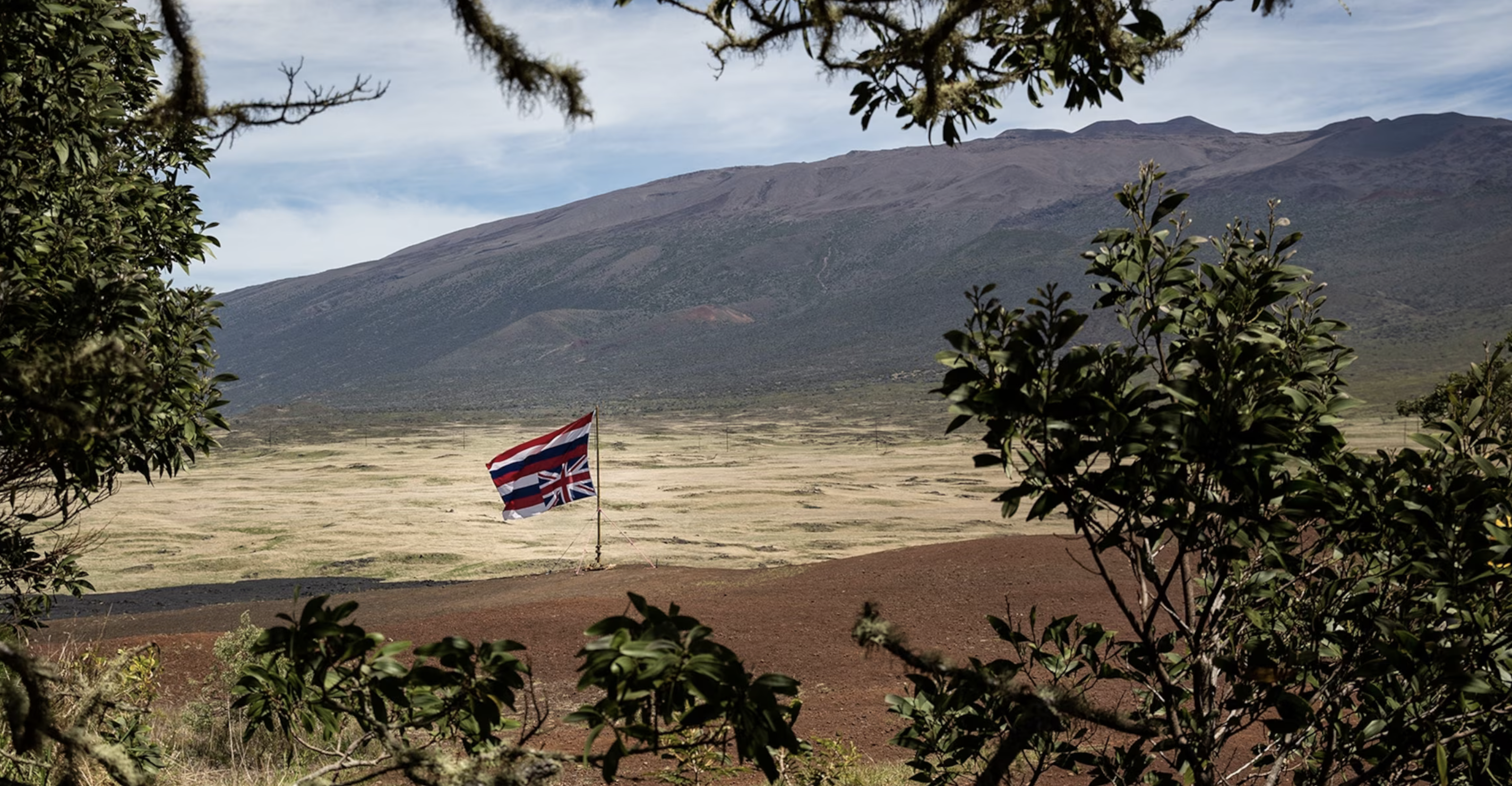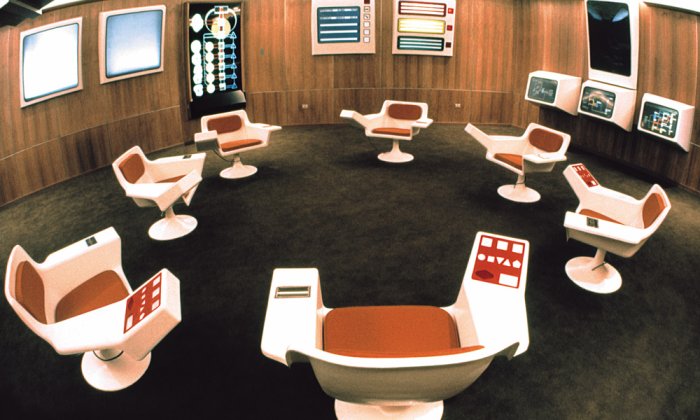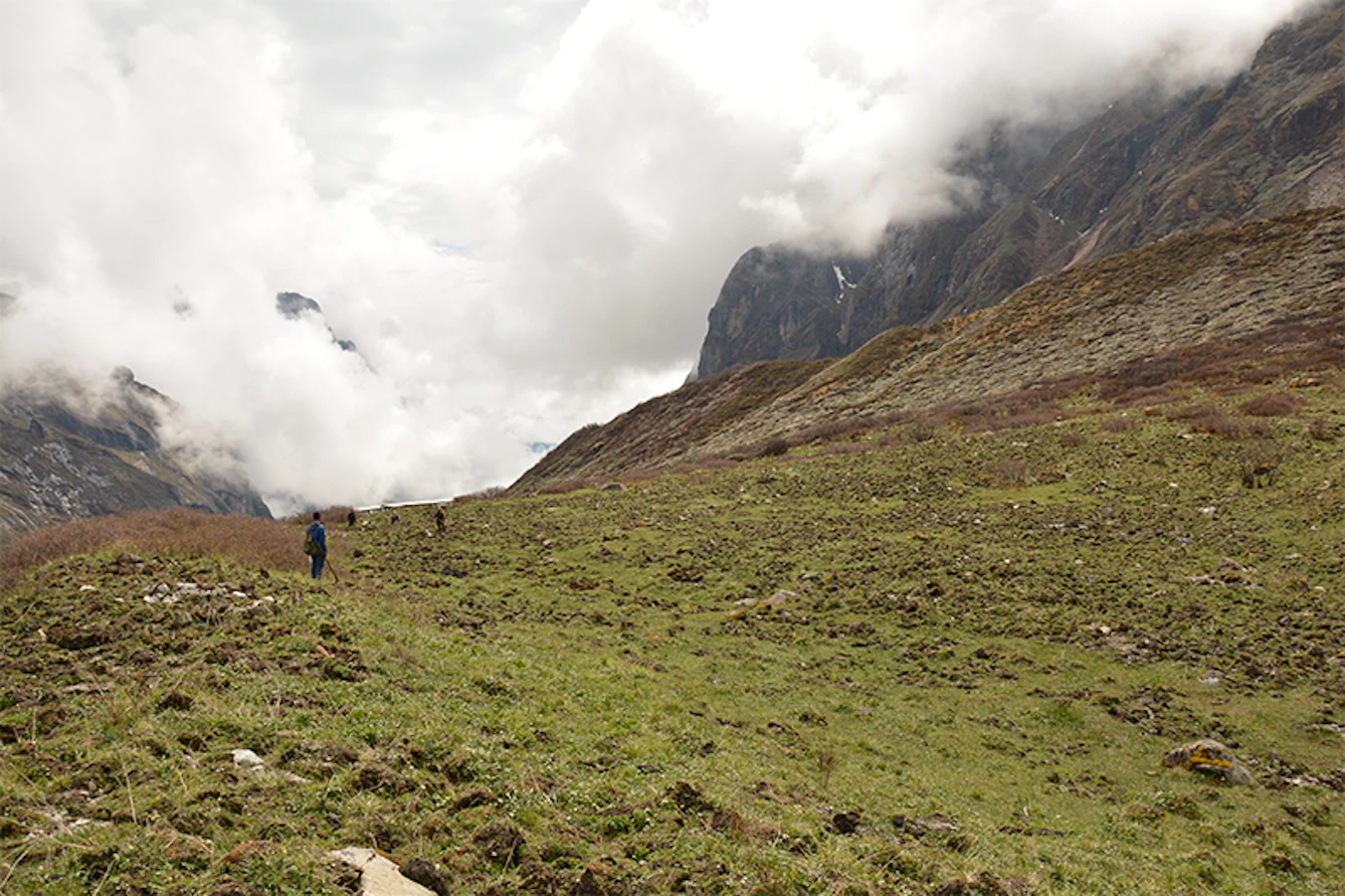Links
Beyond grades
I was already disillusioned with grading and its perpetual power to distract from students’ learning and my teaching. But more than that, I wanted my students to engage more deeply with the pressing public issues of our times (e.g., the pandemic, George Floyd’s murder and ensuing unrest). As Susan Blum (2020) writes, “my grading practice was driving a wedge between the teacher I was and the teacher I want to be” (p. 45). When I heard about “ungrading” in the summer of 2021, my interest was piqued
A language is a dialogue with the environment… it captures the essence of that place where it developed better than imported languages. Being able to know these couple dozen words for different types of rain that Hawaiian has, that English doesn’t…that’s something that’s just, I think, really meaningful to be able to experience. It always gives you more. You see more colors in the spectrum. It’s a richer experience.
Hawaii’s Native language nearly vanished—this is the fight to bring it back

Banana Ecosocialism
…for most of Uganda’s history, bananas escaped serious commodification and facilitated the conscription of Ugandans into the production of cash crops like coffee, tea, and cotton. In Uganda, then, bananas do not represent the vagaries of capitalism. Today, one could even say they are the closest thing we have to ecosocialism.
On average, Ugandans eat more than half a kilo of bananas a day, consuming more of the fruit than anyone else.
Chile's experiment with cybernetic management
In a February 1973 lecture, he explained how his cybernetic approach to management would empower the Chilean people and put the power of science at their disposal. “I know that I am making the maximum effort towards the devolution of power,” Beer told the audience. “The government made their revolution about it; I find it good cybernetics.” Beer stressed that the tools he was developing in Chile were the “people’s tools” and that his systems were designed for and in consultation with Chilean workers. Critics from the Chilean opposition pushed back and equated the system to a new form of government surveillance that would lead to increased government control and abuse.
Project Cybersyn: Chile’s Radical Experiment in Cybernetic Socialism
This article is a few years old, but provides a good overview of Cybersyn.

London facing 45C days ‘in foreseeable future’, mayor Sadiq Khan warns
Those kind of temperatures are a struggle for most in Australia, but England is profoundly ill-equipped to deal with heatwaves. Lots of people will die.
"Capitalism is inherently problematic rather than simply a good system gone awry"
What I mean is that capitalism is inherently problematic rather than simply a good system gone awry that can be tinkered with and fixed. I try to point out, with each of the items on the list, how the logic of capitalism and how it functions, and not this or that specific excess, is creating the impacts.
I don’t believe there is a future for humans with capitalism still around. It may look to others like there is no way that capitalism can ever go, and that a system based on global gifting and integrative decision making is simply impossible and naïve. My claim is exactly the opposite: that anything that retains the ways in which capitalism functions is doomed and that the notions that there is no alternative to capitalism and that a better future awaits us with capitalism are both illusions
Before our scientific magicians poisoned the water, polluted the soil, decimated plant and animal life…
How can anything survive in a climate like this? A heatwave all year long. A greenhouse effect, everything is burning up.
What happened to the family doctor?
U.S.-focused but clearly relevant to Australia as well:
“Today, primary care is being squeezed from all sides. Long-standing patient-doctor relationships, once the foundation of medical treatment, are becoming less common: The number of Americans who say their source of medical care is a personal physician has been steadily declining. That is especially true for younger patients: As of 2018, nearly half of adults under 30 said they did not have a primary care doctor.
Many opt instead for the convenience offered by urgent care clinics, clinics in retail stores, and even their local emergency room.”
Any sufficiently advanced form of data centralisation is indistinguishable from kleptomania
“Many would prefer that NHS England invested in its own capacity, instead of farming out to private enterprise. The frontrunner for the contract to run the FDP is the US tech firm Palantir, which has performed data analytics work for the US security services, border forces and police. If you don’t know Palantir, you may be familiar with the company’s chair, Peter Thiel, a tech billionaire and Trump supporter, who has funded anti-abortion candidates and invested in anti-birth-control startups.”
‘Our health data is about to flow more freely, like it or not’: big tech’s plans for the NHS
Wildfires and xenophobia
Twitter/X really is the new Gab:
“Armed militia groups, some linked to extreme far right political parties, seized on the tension to conduct illegal arrests. And elected officials, like the ultranationalist Paraschos Christou Papadakis, gave them a boost. “We’re at war,” Papadakis has been filmed saying. “Where there are fires, there are illegal immigrants.”
On X, previously known as Twitter, and Facebook, it is easy to find Greek users who contend that migrants are to blame for the fires and that the fires are indeed deliberate. In the comment fields on videos in which Greek vigilantes are filmed “hunting” and restraining migrants, it is not unusual to find people calling for migrants to be burned and thrown in the fire.”
While Greece burned, politicians blamed migrants

Interview with a McKinsey whistleblower
An interesting interview with a former McKinsey consultant about what it’s like to use spreadsheets to further human misery overcast.fm/+Fd_yzr4a…
Based on this article The Nation www.thenation.com/article/s…
The last of the fungus
“Before sunset, we found more than 30 caterpillar carcasses. We arrived back at his village after nightfall, and Tenzin sold them all to a middleman for $300. Two weeks of unusually good days like this would bring in roughly the average income for a Tibetan household for an entire year.”
An excellent article about the fascinating, valuable and doomed prcatice of collecting catepillar fungus. I saw some of this in the highlands of Bhutan when I was there for work in 2016, where its also prized for traditonal medicine.
The Last of the Fungus - A young scientist’s quest to transform a dying way of life

“Gambling addiction has contributed to 184 suicides in Victoria over eight years, although the true figure could be much higher” www.theguardian.com/australia…
The pursuit of Aboriginal literary sovereignty
“Perhaps critique and analysis informed by the traditions and priorities of the settler colony can never register the full living and survivance of the oldest continuing culture on earth upon whose disappearance the success of the colony is predicated? Perhaps these traditions and priorities are unable to depart from the assumption of a right-to-know fundamentally incongruent with Aboriginal ontologies, which necessitate opacity and cultural sovereignty? Perhaps the answer is to withhold and to preserve our knowings for ourselves first and foremost?”
Reading and Speaking With - Evelyn Araluenon on the pursuit of Aboriginal literary sovereignty
Trilemma facing carbon extractive multinational corporations
“In this report, we have argued that Shell will face a trilemma with respect to these questions. It can achieve only a maximum of two out of three goals. The three goals Shell is aiming for can be described as:
Goal A continuing to operate as an oil and gas giant profiting from consuming ever greater portions of the global carbon budget; Goal B continuing to pursue high shareholder returns; and Goal C transforming itself into a major renewable energy player.
For a just transition, Shell can achieve only one of the three goals.”
Good insights in this report from SOMO - Stranded: Why Shell is unable to navigate the just transition trilemma
“offers insights into how NGOs play a critical role in stifling the development and independence of radical African movements”
“In Western philosophy the proper way is considered ethics, whereas in Aboriginal society, as far as it is known, there is no equivalent term for ethics, this is because proper action comes from the external order internalised through collective empirical observation over tens of thousands of years, rather than abstract individualist thinking.
The term ethics will be employed, but with the understanding that Aboriginal ethics encompasses more than simply applying principles of right action in order to know how to act.”
Really interesting article by Mary Graham on “The Law of Obligation, Aboriginal Ethics: Australia Becoming, Australia Dreaming”
60 years old, the Yirrkala Bark Petitions are one of our founding documents – so why don’t we know more about them? - Prof Clare Wright
theconversation.com/friday-es…

"Seeing humans and computers as interchangeable also meant that humans had begun to conceive of themselves as computers, and so to act like them"
“For Weizenbaum, judgment involves choices that are guided by values. These values are acquired through the course of our life experience and are necessarily qualitative: they cannot be captured in code. Calculation, by contrast, is quantitative. It uses a technical calculus to arrive at a decision. Computers are only capable of calculation, not judgment. This is because they are not human, which is to say, they do not have a human history – they were not born to mothers, they did not have a childhood, they do not inhabit human bodies or possess a human psyche with a human unconscious – and so do not have the basis from which to form values…
Seeing humans and computers as interchangeable also meant that humans had begun to conceive of themselves as computers, and so to act like them. They mechanised their rational faculties by abandoning judgment for calculation, mirroring the machine in whose reflection they saw themselves.”
Weizenbaum’s nightmares: how the inventor of the first chatbot turned against AI - The Guardian